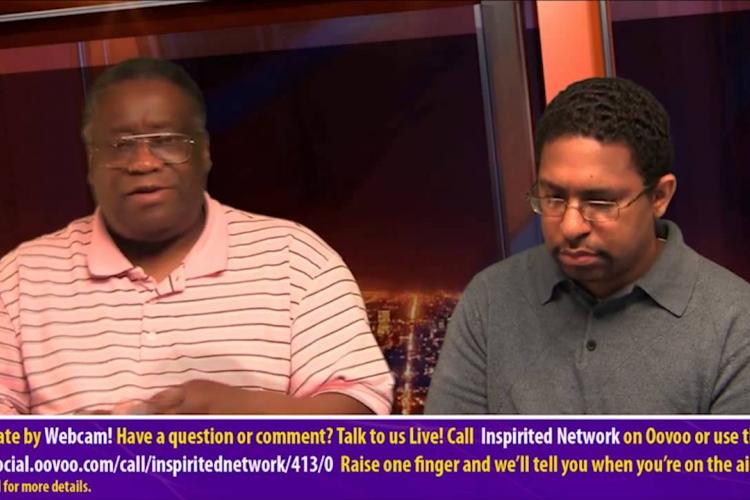What can we learn from Peter's outreach to the gentiles? How did it contrast from Paul's? What can we learn from the story of Cornelius and the conversion of his friends and family? What important lessons did Jews of the early church have to learn? What might that mean for the church today? Does culture or race matter when it comes to salvation? This week as we explore these lessons we'll look at the stories of early gentile converts to Christianity.
What can we learn about missionary activity from the story of Jonah? What kind of missionary was Jonah and how did he respond to his calling? Do missionaries have flaws? What does God's pursuit of Jonah tell us about salvation and who God desires to save? Why was Jonah reluctant to go to Nineveh? In what ways are we very similar in attitude to Jonah? This week we explore the story of Jonah from a missionary standpoint and learn how God shows compassion on the repentant and how His judgments are conditional.
What does the Bible teach us about God and missionaries? What is a missionary and what is their mission? In what ways is God Himself a missionary? What took place in the Garden of Eden that caused humanity to be lost? How did Jesus Christ address that problem? What were the consequences of Sin? Why did Adam and Eve fall? What implications does this have for missionaries today? Why did God choose to operate through missionaries instead of heavenly beings or doing the work Himself? This week we tackle many of these subjects as we explore God as a missionary.
Learn how the gospel of Luke portrays the crucifixion and resurrection. What do these two events mean for humanity? What hope do they provide for Christian believers? Which person in Jesus' final hours are you most like: Peter, John, Judas, the women, Joseph of Arimathea, Pilate, or Herod? This lessons shows us how in some ways we may resemble these individuals in how they related to the death and resurrection of Jesus. This week we explore the cross and the risen savior, without which Christian faith would be in vain.
What does Proverbs teach about relationships? How should people deal with conflicts with one another? How do words play a role in conflicts? If friends are to love one another, what does that love look like and how should it be demonstrated? What value should be placed on money in our personal relationships? This week, in Proverbs 17-19, Solomon explores conflicts and gives sound wisdom that can greatly impact how we get along with one another.

John Spellman preaches on preparation to meet God. Is going to Church and going through the motions of religion really enough? What did Paul mean by "form of godliness"?
How can we be saved? What must I do to be saved? This week we explore salvation focusing on what happens in the life of the sinner that ultimately leads to a salvation experience. Is repentance really necessary? What is the relationship between being saved and having faith? What if I'm not really all that bad? Do I still need saving? How does a person know if they need salvation at all? These questions and others are tackled in this week's lesson.
What is the relationship between the Law and the Gospel? Does one invalidate the other? What was the good news that Christ brought to humanity? Were we saved in sin or from sin? Does God still require obedience from His people today? What does it mean to be in covenant relationship with God? What good news is in Christ's message for humanity today? Is there a role the law still plays? What did Paul mean when he said that sin takes advantage of the law? We explore these questions in this week's study.
What role does confession and repentance play in our walk with God? Should we confess our faults to each other when we wrong someone? Does God always accept repentance, or are there stipulations to forgiveness? What does true repentance look like? What does God's willingness to forgive teach us about how we should forgive one another? These questions and more are explored in this week's study.









